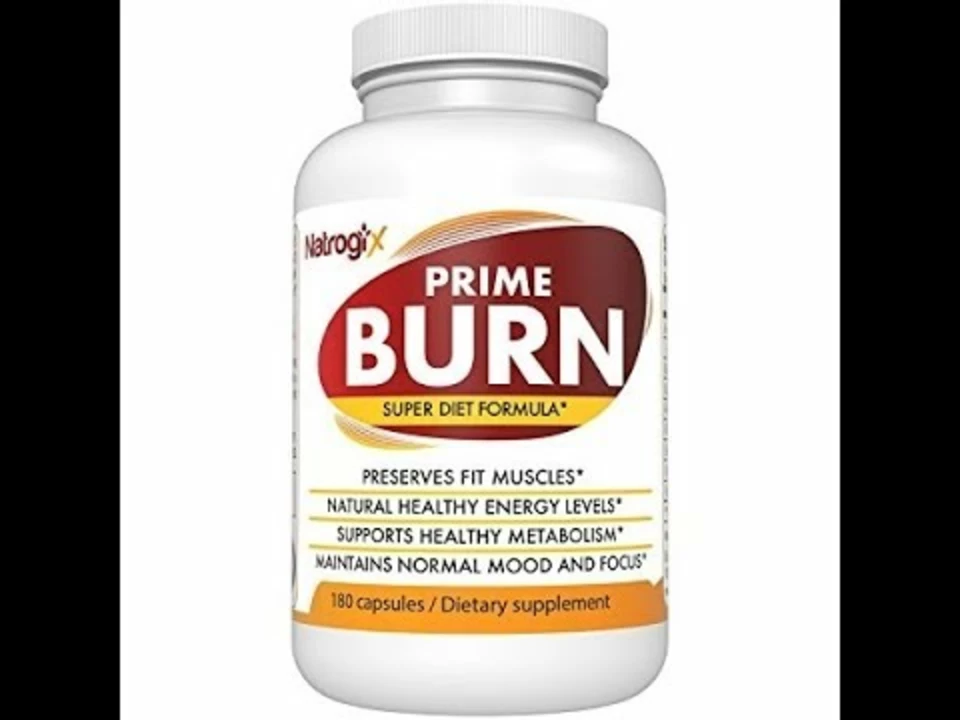Energy levels: simple, practical ways to feel less tired
Feeling drained most days? Small changes often make the biggest difference. This page gives clear, usable steps you can try today to lift your energy levels, plus red flags that mean you should see a doctor.
Quick fixes you can try today
Start with sleep. Aim for consistent bed and wake times, and keep screens out of bed. If you struggle to fall asleep, cut caffeine after mid-afternoon and avoid heavy meals within two hours of bedtime.
Move your body. A 15–20 minute brisk walk or a short bike ride boosts circulation and mood more reliably than an extra cup of coffee. Try light movement mid-afternoon when your energy dips—many people report a faster, longer-lasting lift.
Watch what you eat. Small, protein-rich snacks between meals (yogurt, a handful of nuts, an egg) prevent sugar crashes. Balance carbs with protein and fiber at meals to keep blood sugar steady and avoid the post-lunch slump.
Hydrate. Even mild dehydration can cause fatigue. Aim for regular water sips through the day. If you exercise, add a small salty snack or a sports drink to replace electrolytes after long workouts.
Use caffeine smartly. One strong cup in the morning helps most people. If you rely on multiple doses, you’ll hit diminishing returns and disrupt sleep. Avoid caffeine within 6–8 hours of bedtime.
Longer-term fixes and medical checks
Check your medications. Many common drugs—some blood pressure meds, antidepressants, antihistamines—list fatigue as a side effect. Don’t stop medicines, but talk with your prescriber about alternatives or timing changes.
Rule out treatable causes. Low thyroid function, iron deficiency, low vitamin B12, and vitamin D deficiency all cause low energy. A simple blood test can find these. If you have heavy periods, restless sleep, or sudden weight changes, mention those symptoms to your clinician.
Watch for sleep disorders. Loud snoring, gasping at night, or daytime sleepiness despite long sleep hours could mean sleep apnea. Treating it often reverses chronic fatigue.
Mental health matters. Ongoing low mood, loss of interest, or anxiety that drains motivation are real causes of tiredness. Counseling, medication, or both can make a big difference.
Before trying supplements, talk to a doctor. Iron, B12, and vitamin D can help when you’re deficient, but taking them blindly won’t fix the problem and can cause harm. If you choose a supplement, pick reputable brands and check interactions with current meds.
Track patterns for two weeks. Note sleep times, meals, meds, exercise, and when you feel best or worst. That record makes it easier for you and your doctor to spot problems and pick solutions that actually work.
If low energy lasts more than a few weeks despite these changes, or if you have fainting, chest pain, severe shortness of breath, or sudden weight loss, seek medical care promptly. Most low-energy problems are manageable once you find the cause.
Want expert reads? Check related guides on sleep herbs, supplements, and medication side effects across DoctorAlexa Pharmaceuticals for deeper, practical info you can use at home.

Boost Your Immunity and Energy Levels with Hollyhock: The Dietary Supplement Your Body Will Thank You For!
In today's fast-paced world, it's essential to keep our immune system and energy levels at their peak. I recently discovered Hollyhock, a dietary supplement that has made a significant difference in my overall health. Packed with antioxidants and nutrients, this supplement not only helps boost immunity but also increases energy levels to keep me going throughout the day. My body has never felt better, and I'm so grateful for the positive impact Hollyhock has had on my well-being. Give it a try, and I'm sure your body will thank you too!
More Detail